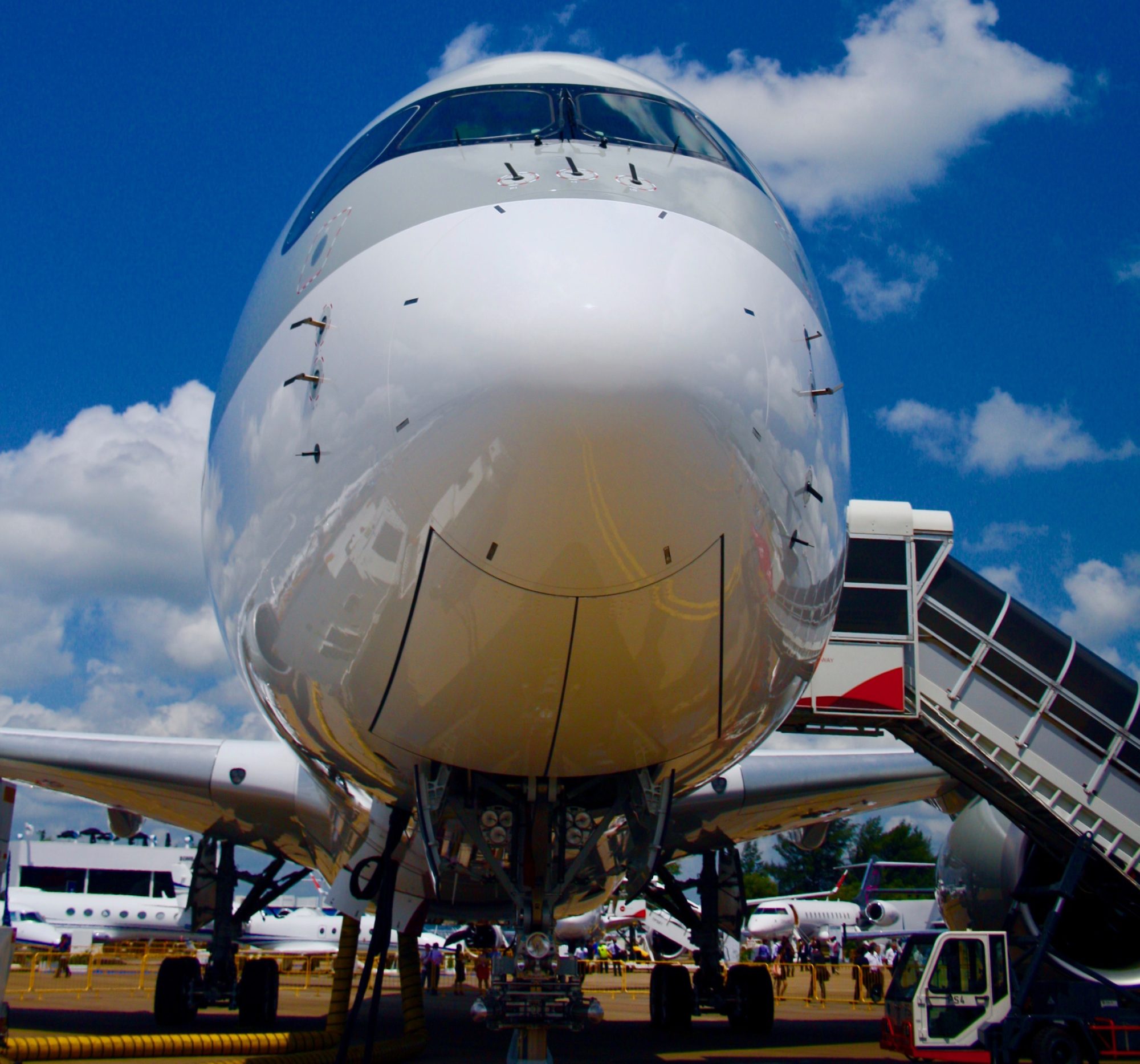By contrast, in Irelands northern province of Ulster, unionism was politically very well-organised and had powerful supporters in London and a large population base. They did not wish to say that Ulster should have no opportunity of looking at entire Constitution of the Free State after it had been drawn up before she must decide whether she would or would not contract out. WebWhy Ireland Split into the Republic of Ireland & Northern Ireland WonderWhy 808K subscribers Subscribe 5.9M views 7 years ago A brief overview of the history of Ireland They write new content and verify and edit content received from contributors. Please refer to the appropriate style manual or other sources if you have any questions. The story of the Troubles is inextricably entwined with the history of Ireland as whole and, as such, can be seen as stemming from the first British incursion on the island, the Anglo-Norman invasion of the late 12th century, which left a wave of settlers whose descendants became known as the Old English. Thereafter, for nearly eight centuries, England and then Great Britain as a whole would dominate affairs in Ireland. Unionists accepted the 1920 Government of Ireland Act because it recognised the distinctive entity of the northeast, and their democratic right to remain within the union. It then moves into the centuries of English, and later British, rule that included invasions, battles, religious differences, rebellions and eventually plantations, most successfully in the North. The Irish Volunteers also smuggled weaponry from Germany in the Howth gun-running that July. In 1920, during the Irish War of Independence (191921), the British Parliament, responding largely to the wishes of Ulster loyalists, enacted the The Republic of Ireland and the United Kingdom of Great Britain and Northern Ireland joined the European Community on January 1, 1973, and were integrated into the European Union in 1993. [102] The commission's final report recommended only minor transfers of territory, and in both directions. [30], During the First World War, support grew for full Irish independence, which had been advocated by Irish republicans. Republican and nationalist members refused to attend. Ian Paisley, who became one of the most vehement and influential representatives of unionist reaction. The great bulk of Protestants saw themselves as British and feared that they would lose their culture and privilege if Northern Ireland were subsumed by the republic. It was crushed after a week of heavy fighting in Dublin. In December 1921, an Anglo-Irish Treaty was agreed.
40 50 90 Triangle Calculator,
Www Church Services Tv Ardglass,
Articles W

